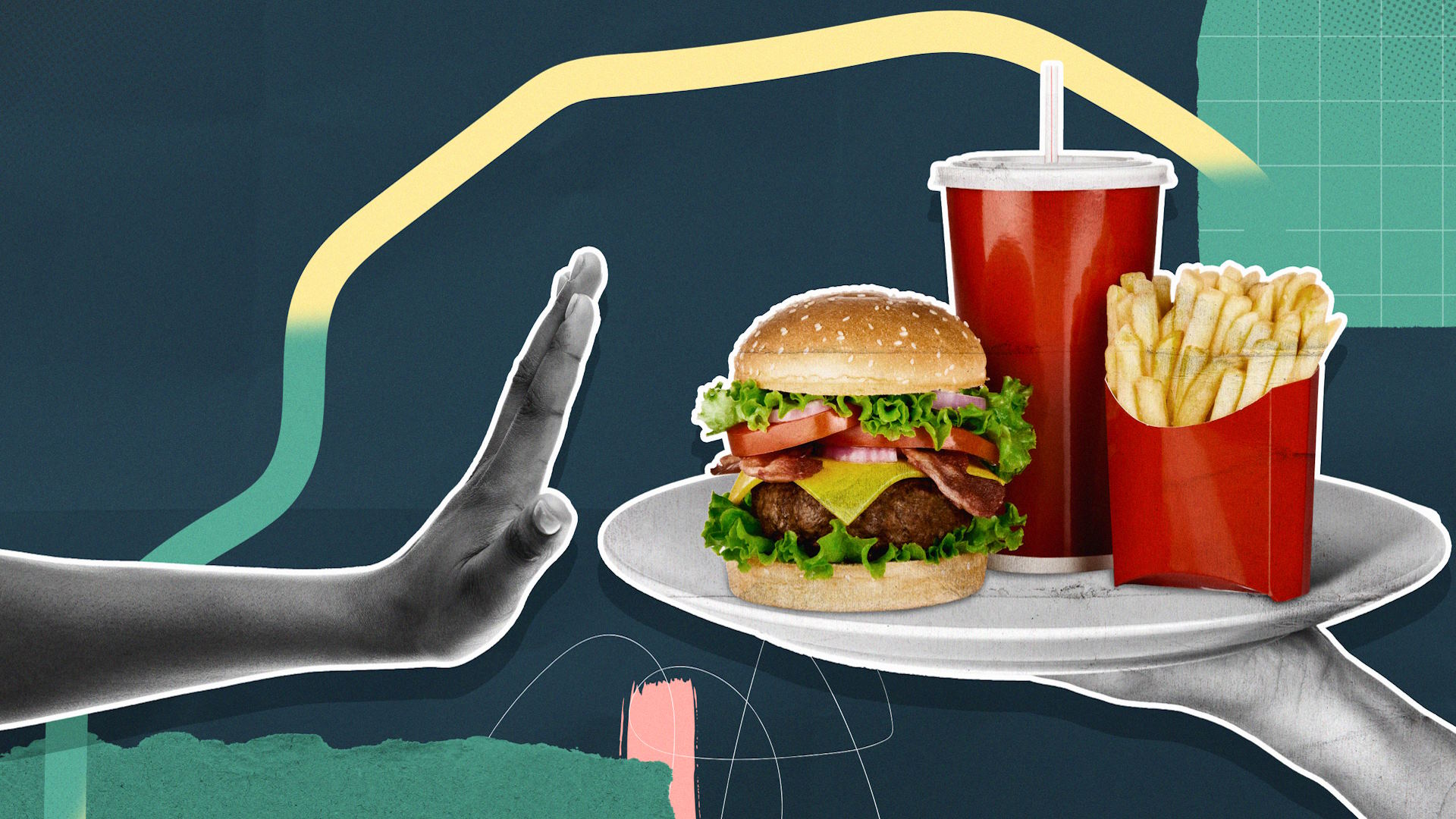Your diet does more than just fuel your body—it has a significant impact on your mental health and overall well-being. The foods you consume can affect your mood, energy levels, and cognitive function. By making mindful food choices, you can support your mental health, improve your emotional well-being, and enhance brain function.
The Connection Between Diet and Mental Well-Being
Research has shown that the food you eat influences the chemicals in your brain that regulate mood and behavior. This connection, often referred to as the “gut-brain axis,” suggests that your gut health plays a vital role in brain function. A diet rich in processed foods, sugar, and unhealthy fats can negatively affect mental health, contributing to conditions like anxiety, depression, and stress.
Conversely, a balanced diet full of nutritious, whole foods can help improve mental clarity and emotional resilience, fostering a sense of well-being.

Nutrition Affects Mood and Cognitive Function
What you eat directly impacts how you feel and think. Key nutrients, like omega-3 fatty acids, antioxidants, and vitamins, play a role in supporting brain health and mood regulation. For example:
- Omega-3 Fatty Acids: Found in fatty fish, flaxseeds, and walnuts, omega-3s are crucial for brain function and may help reduce symptoms of depression.
- Antioxidants: Fruits and vegetables rich in antioxidants, such as berries, spinach, and kale, protect the brain from oxidative stress, which can affect cognitive function and lead to mood disturbances.
- B Vitamins: B vitamins, especially folate and B12, are vital for brain health and can help regulate mood, reduce fatigue, and improve cognitive function.

Foods That Promote Serotonin Production
Serotonin, often called the “feel-good” neurotransmitter, plays a major role in mood regulation and emotional well-being. Certain foods can help promote serotonin production, improving your mood and helping to alleviate symptoms of depression:
- Complex Carbohydrates: Foods like whole grains, oats, and sweet potatoes promote the release of insulin, which helps more tryptophan (a precursor to serotonin) reach the brain.
- Tryptophan-Rich Foods: Turkey, nuts, seeds, and eggs are high in tryptophan, an amino acid that helps the brain produce serotonin.
- Probiotic Foods: Yogurt, kefir, and fermented foods support gut health, which in turn may improve serotonin production, as much of this neurotransmitter is made in the gut.
Your diet is closely linked to your mental health. Eating nutrient-dense foods can enhance mood, support cognitive function, and promote overall mental well-being. By incorporating foods that promote serotonin production and nourish the brain, you can help manage stress, anxiety, and improve emotional balance. Prioritizing a healthy, balanced diet is one of the most effective ways to support your mental health and enhance your quality of life.




